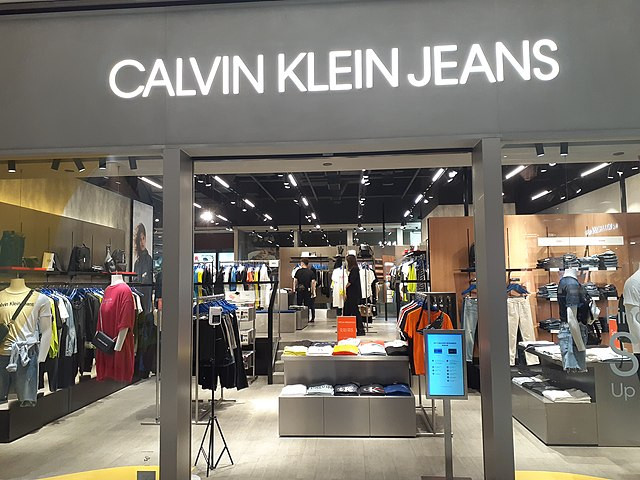China's Ministry of Commerce has launched an investigation into PVH Group, the U.S.-based parent company of Calvin Klein and Tommy Hilfiger, over allegations that the company has engaged in discriminatory practices related to products sourced from China's Xinjiang region. The probe, which was announced on Tuesday, is part of China's "unreliable entities" list mechanism, a retaliatory measure mirroring the U.S. Commerce Department's entity list. This action comes amid rising trade tensions between the U.S. and China and could have far-reaching consequences for the American retailer's business in China.
The Chinese government is investigating PVH for allegedly "unjustly boycotting" cotton and other products from Xinjiang, a region at the center of allegations of forced labor involving the Uyghur Muslim population. The Ministry of Commerce stated that the company has "violated normal market transaction principles" by halting purchases from Xinjiang, actions that China claims "undermine the legitimate rights and interests of Chinese enterprises" and pose a threat to the country's sovereignty and economic security.
PVH Group has 30 days to respond to the allegations by providing evidence and documentation related to its supply chain decisions over the past three years. While the company has yet to release a public statement in response to the investigation, the probe raises the specter of significant consequences for PVH's operations in China. Should the company be added to China's unreliable entities list, it could be banned from trade with China, effectively cutting it off from one of the world's largest consumer markets.
The timing of the investigation comes after PVH reported a decline in its international revenue, particularly in Asia, including China, where the company has faced a "challenging consumer environment." For the quarter ending August 4, PVH's international sales, which account for more than half of the company's total revenue, fell by 4.3% year-on-year to $1.38 billion. This decline has been attributed to weaker consumer demand in China and Australia.
China's investigation into PVH stems from the company's reported efforts to distance itself from alleged forced labor practices in Xinjiang. In its July 2022 corporate responsibility report, PVH noted that it had prohibited direct or indirect sourcing from Xinjiang. The region has been under intense international scrutiny due to accusations of human rights abuses, including the use of forced labor in the production of cotton. Several Western clothing brands, including Adidas, Nike, and H&M, have publicly distanced themselves from Xinjiang cotton, triggering backlash in China, where boycotts and nationalist sentiment have grown in response.
The investigation into PVH marks the latest chapter in the ongoing dispute over Xinjiang, which has become a flashpoint in U.S.-China relations. The U.S. government has imposed sanctions on Chinese officials and companies linked to alleged human rights abuses in the region, while China has responded with its own measures, such as the unreliable entities list. The U.S. Commerce Department's decision on Monday to ban the import of vehicles with specific Chinese and Russian components further underscores the escalating trade tensions between the two global powers.
China's Ministry of Commerce did not specify why it had decided to launch the investigation now, but the probe comes as the country ramps up efforts to counteract what it views as politically motivated boycotts by foreign companies. The Ministry said PVH's actions have disrupted normal market transactions and accused the company of engaging in discriminatory practices. "The boycott of Xinjiang products is a violation of market principles and severely undermines the legitimate interests of Chinese enterprises," the Ministry stated.
The investigation is being conducted under China's Unreliable Entity List (UEL), a mechanism introduced in 2019 shortly after the U.S. blacklisted Chinese tech giant Huawei. Companies that are added to the list face restrictions on their ability to engage in trade with China, as well as potential limits on investment and the movement of personnel.
The Xinjiang region, known for producing a significant portion of the world's cotton, has been at the heart of an international controversy over allegations of forced labor and human rights abuses targeting the Uyghur Muslim population. China has repeatedly denied these claims, asserting that its vocational training centers in the region are designed to combat extremism and provide job skills. However, numerous Western governments and human rights organizations have criticized these facilities as internment camps.






